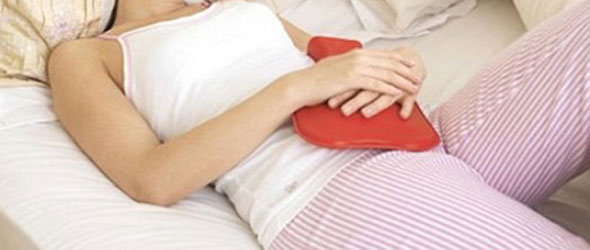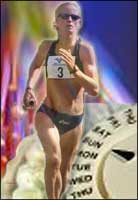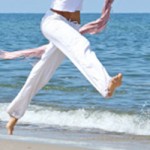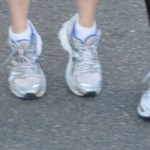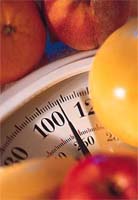Premenstrual syndrome (PMS) is the term used to describe the physical, mental, or behavioural changes that some women experience before their menstrual periods begin every month. PMS can cause discomfort in different parts of the body, and it can also cause disturbing emotional feelings. Some of the symptoms you may experience with PMS could include one or more of the following:
- Tender swollen breasts.
- Headaches
- Pounding heart, fatigue, dizziness or fainting
- Sweet cravings
- Stomach cramps
- Feeling anxious, irritable
- Stomach bloating.
- Backache.
- Feelings of aggression.
- Acne outbreaks.
- Fluid retention.
- Weight gain.
- Mood swings and depression.
- Clumsiness
- Insomnia or tiredness
- Forgetfulness
- Tearfulness
PMS symptoms tend to disappear or greatly improve once bleeding actually starts. To be sure that PMS is the cause of your symptoms, you should keep a record over a 3 month period of your symptoms, what they are and when they occur. If you note a pattern to your symptoms e.g. they happen around the middle of your menstrual cycle, then PMS is the likely culprit. You can use your record to show your doctor, and/or discuss with your running coach for scheduling your training accordingly.
Running can help ease some of the symptoms of PMS, ”runners high” or feeling of euphoria that running induces due to the increase in endorphins may help to combat feelings of depression, prevent mood swings, and put you in a more positive frame of mind. As running causes perspiration and water loss it may also help to alleviate bloating and water retention. However, the common PMS problem of tender breasts might feel worse if you don’t wear an adequate support bra (see time-to-run women’s section on choosing a sports bra).
Studies have shown the majority of women with premenstrual symptoms have a poor nutritional intake compared to those who have no PMS, so that it is conceivable that running is depleting certain basic nutritional needs that should be compensated for with supplements. Some safe PMS supplements or remedies not on the banned list for runners and competitive athletes to consider are:
- Evening primrose oil
The medicinal properties of Evening Primrose Oil have been proven in clinical studies and controlled experiments in treating PMS symptoms especially tender breasts.
- Vitamins
Vitamin B6, Magnesium and calcium are often recommended for PMS sufferers.
- Iron
The loss of blood during menstruation may lead to a shortage of iron, which makes a woman anaemic. Sports men and women have increased demands for iron. Hard training stimulates an increase in red blood cell and blood vessel production, and increases the demand for iron. (Iron turnover is highest for endurance athletes training at high intensity). In endurance athletes, ‘foot strike’ damage to red blood cells in the feet due to running on hard surfaces with poor quality shoes can also lead to iron loss. Finally, because iron is lost in sweat, heavy sweating causes an increased risk of deficiency. Iron deficiency can also be corrected with a good diet and iron supplements. Iron supplements are also often recommended if you are a vegetarian.
- Oral contraceptives/ The pill
Oral contraceptives provide estrogen and regulate the menstrual cycle, reduce bleeding time and may also help to ease PMS symptoms.
Other articles in this section related to the Women’s menstrual cycle:
- Periods – Running Red Days
- Does your period affect your running?
- When is the best time of the month to run a race?
- Does running help alleviate premenstrual symptoms?
- Why does running sometimes stop periods?
- What’s the best sanitary wear for running?
- How does running affect contraception and infertility?
- Are runners at an elevated risk for osteoporosis?
Who is Cassandra Davis head of the Women’s section ? | Cass |






















